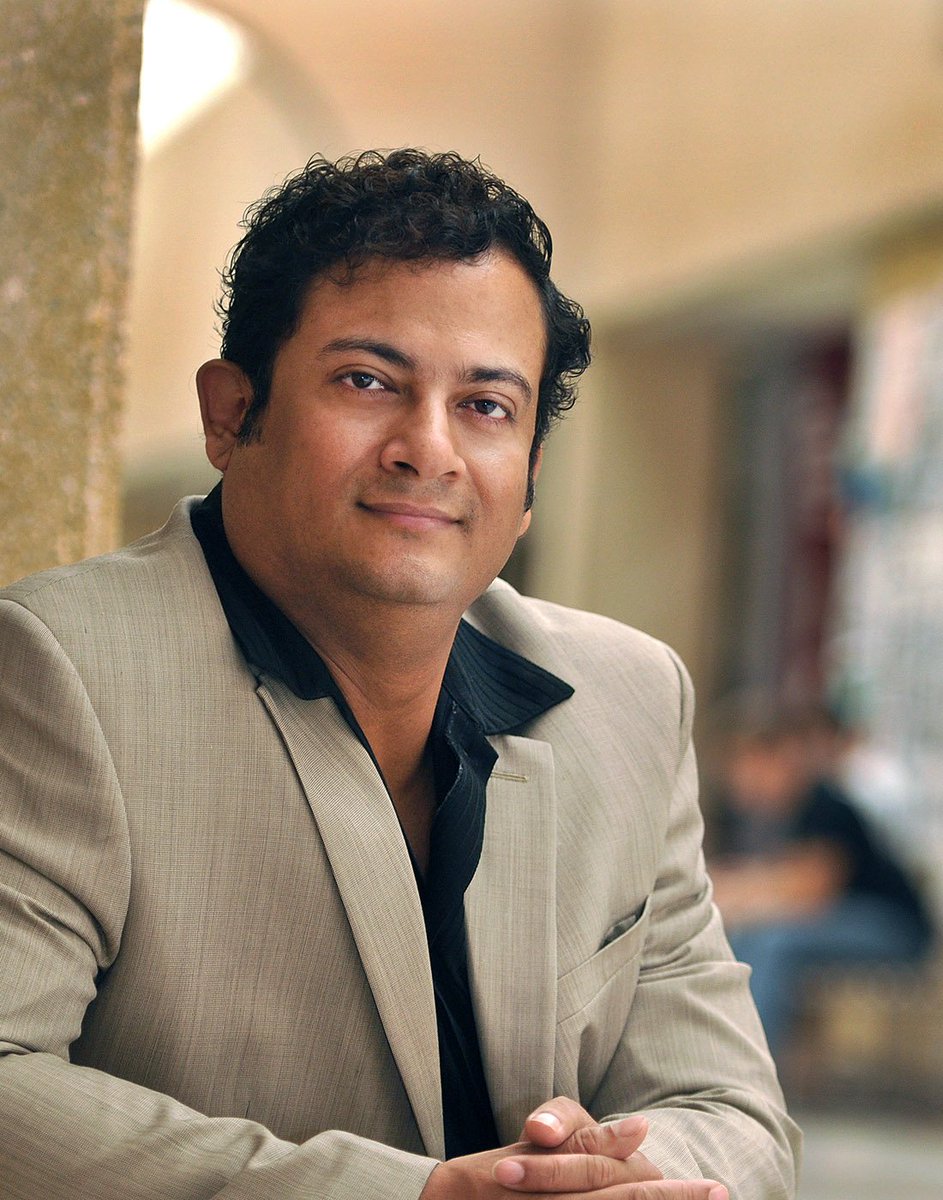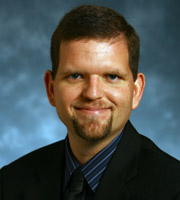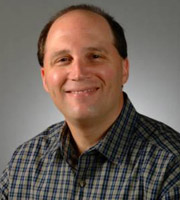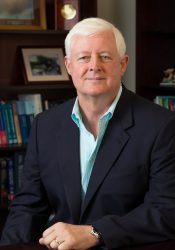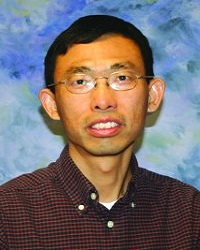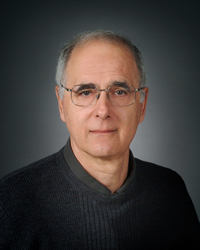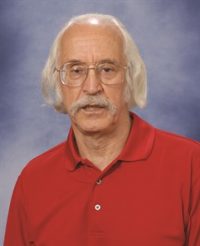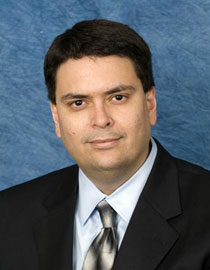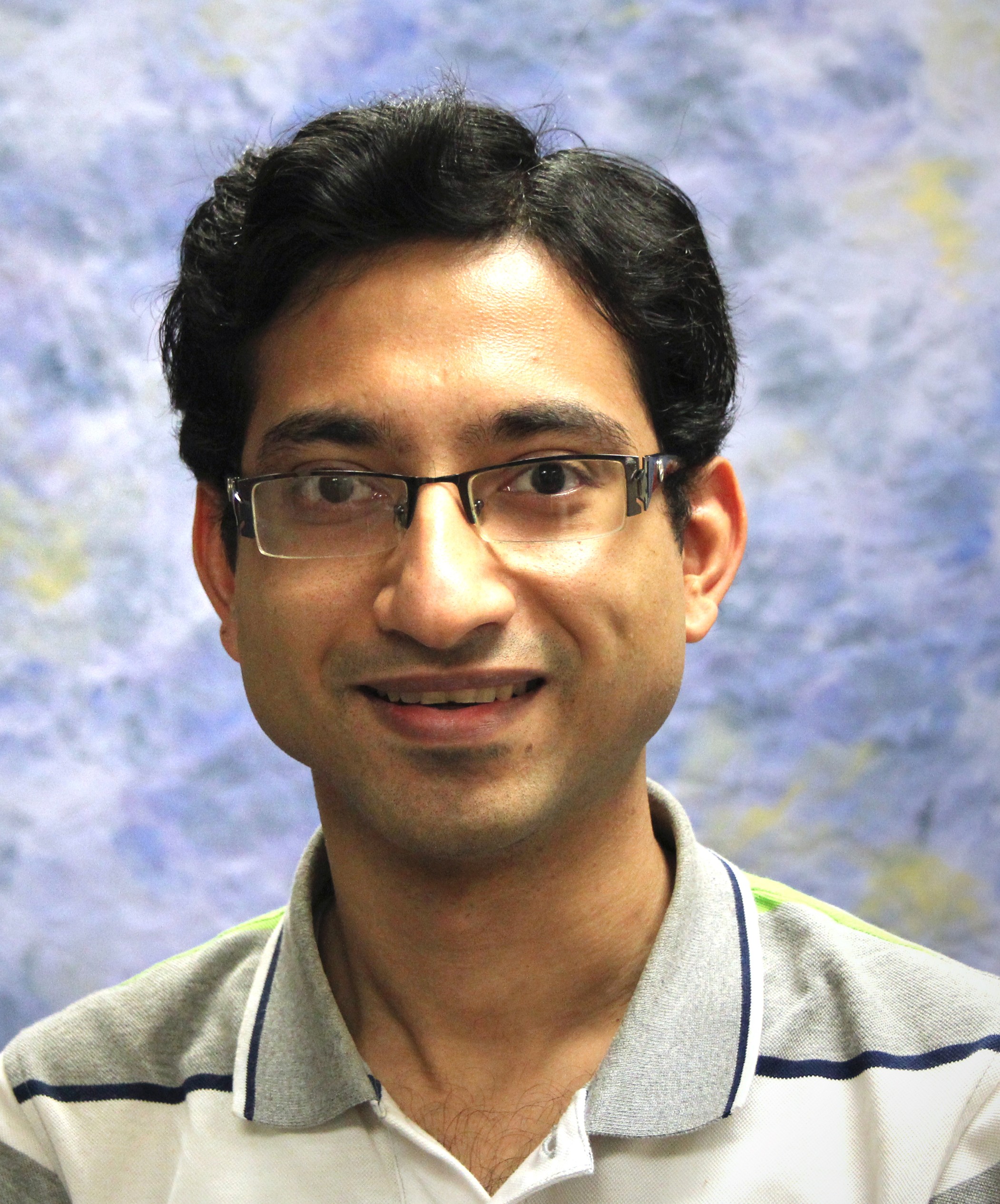Mentoring
The Program is set up so that participants will write research papers in Statistics, Biostatistics or Signal Processing, as well as research papers in biology.
What follows is a summary of the steps we will take to ensure that program participants write high-quality research papers.
Mentors
We expect each trainee to have three mentors.
- A Nutritionist whose research focuses on cancer etiology and prevention. The trainee will be expected to become a full member of the nutritionist’s laboratory, including attending all laboratory meetings, consulting for all the graduate students and postdoctoral researchers in the laboratory, and supervising the analysis of experimental data.
- A Biostatistician/Statistician whose research focuses on the development of statistical methods applicable to experimental data arising from Nutrition and cancer.
- A Bioinformatician/Biomedical Imager whose research focuses on the analysis of DNA microarray data. Because research at Texas A&M University on Nutrition and cancer includes a genetic component, we expect that our trainees will develop an understanding of what microarray data are, and how they are analyzed.
Program participants will of course have the option of selecting mentors in each area.
Upon arrival in College Station, the postdoctoral trainee will meet the members of the Human Nutrition Group, and afterwards will choose to work in one of their laboratories, including attending their weekly laboratory meetings. Our expectation is that the trainee will become deeply immersed in the ongoing laboratory activities.
Individually Tailored Training Plans
Each trainee will have a tailored oversight committee, consisting at the minimum of their research mentor in Statistics, their research mentor in Nutrition, and a member of the Advisory Committee. Dr. Carroll will serve on each oversight committee, either as the research mentor in Statistics or in his role as a member of the Advisory Committee.
The oversight committee will facilitate meetings between trainees and potential faculty resources and mentors. Through subsequent meetings with the training faculty, the trainees will become informed about ongoing or planned projects, as well as possible research projects that will be designed and implemented by the fellow under the supervision of their mentors.
Upon selection into the training program, each trainee will meet with the Advisory Committee, and be introduced to the members of the Program. During the initial meeting with the Advisory Committee, the fellows will be informed of faculty members with expertise relevant to the training program, and will be guided into an appropriate Nutrition Laboratory. At this point the trainee’s oversight committee will be formed. This committee will then provide an initial training plan, and over time modify it as needed. This initial training program will include not only the core course requirements described previously, but also the type of laboratory experience that each trainee will receive.
The Advisory Committee will review each individual’s training program. We will pay special attention to making sure that the trainee will become a true collaborator of the faculty mentor in Nutrition, and not serve the passive role of a data programmer.
Research, Year 1
In year 1, we will present a Nutrition and cancer problem of current interest, e.g., whether down-regulation of the COX-II enzyme is associated with increased apoptosis, and how this relationship is affected by different diet regimens. The problem will dictate the analyses and research methodologies, and not vice-versa. The program participant will be expected to learn from the nutritionist mentor the basic biology of the problem. Since this will take place in year one of the Program, the background provided by the nutritionist will necessarily be limited by the lack of background of the trainee, but a surprisingly deep understanding is possible with careful explanation. The trainee will also be responsible for undertaking data analysis of the experiment, an analysis that over the course of the year is expected to become increasingly sophisticated. The statistical mentor will in addition propose a statistical research question arising from the experiment: in the cited case, the data can be looked at as arising from a complex, hierarchical generalized linear mixed model, but it is not clear a priori that a simple linear fixed effects structure is tenable, and so semiparametric mixed models need to be developed. The expectation is that by the end of the first year at least one substantial methodology paper will have been submitted to a biostatistical or biomedical imaging journal, as will have been a substantial Nutrition and cancer paper whose analysis has been prepared by the trainee. At the end of this first year, the trainee will be expected to present his/her methodology contribution to the regular seminar series in the Department of Statistics or in the Department of Electrical Engineering.
Research, Year 2
In Year 2, the trainee will be expected to propose a research project in statistical methodology, and carry out this project to completion, once again presenting his/her statistical methodology contribution to the regular seminar series described above. Finally, it is expected that by the end of Year 2, the trainee will have prepared a nearly complete first draft of a research proposal to be submitted to the National Institutes of Health. Naturally, the draft proposal will benefit from the advice of the faculty in the training program, and Dr. Carroll will read all draft proposals in detail (see below for more details).
